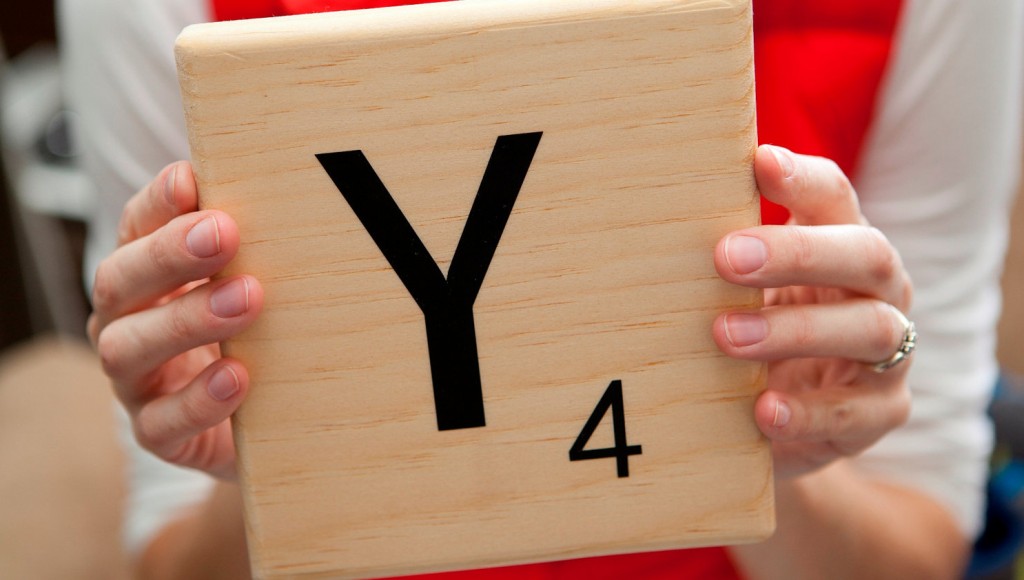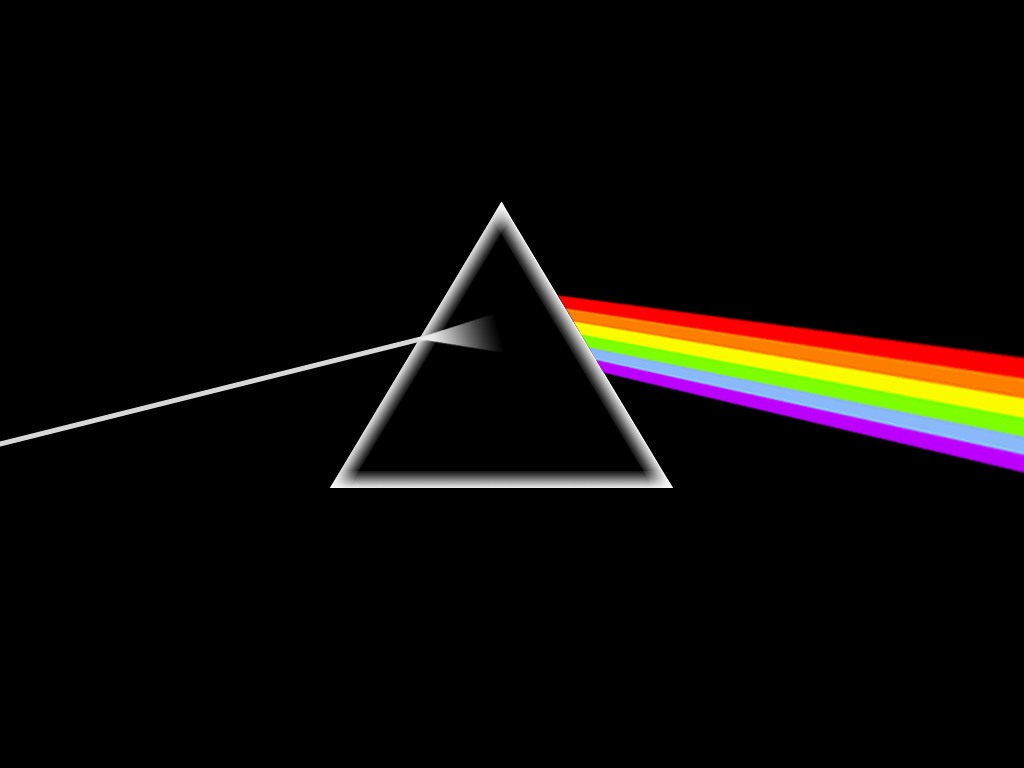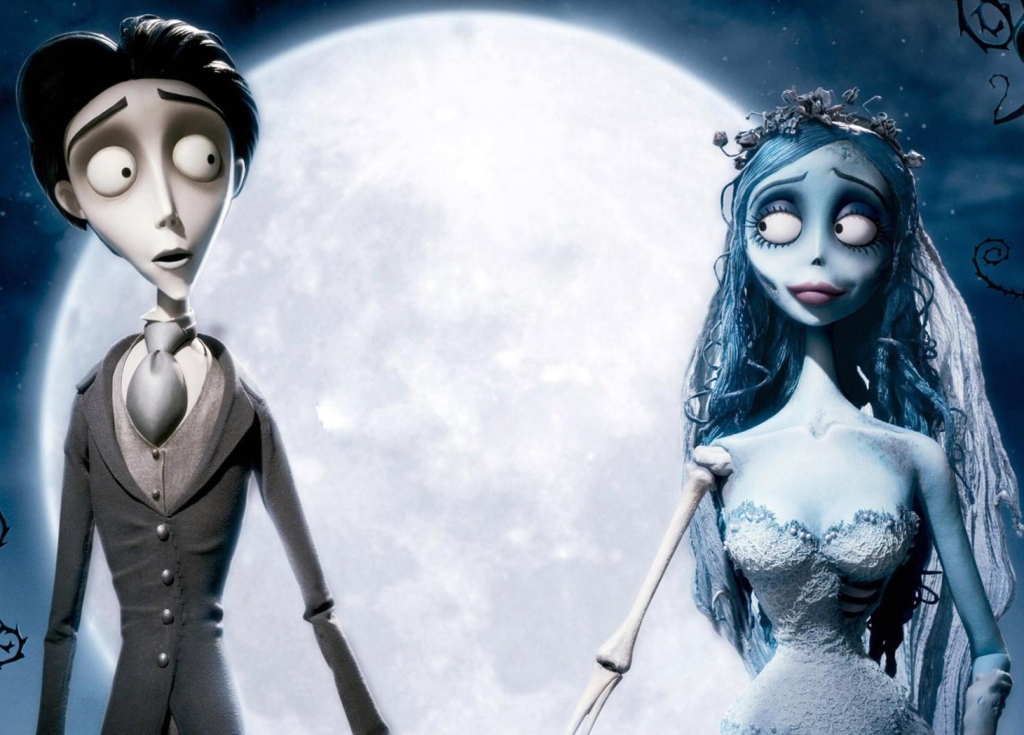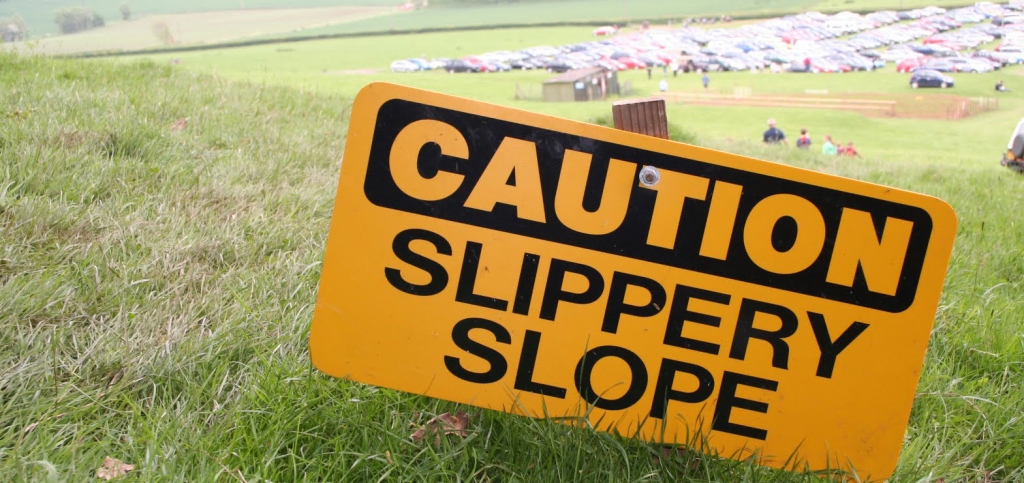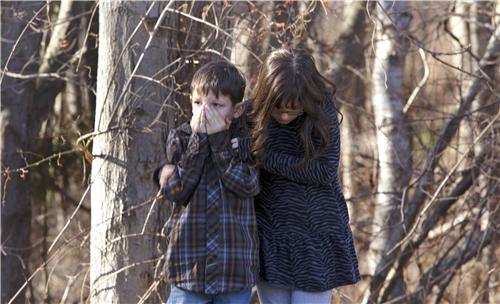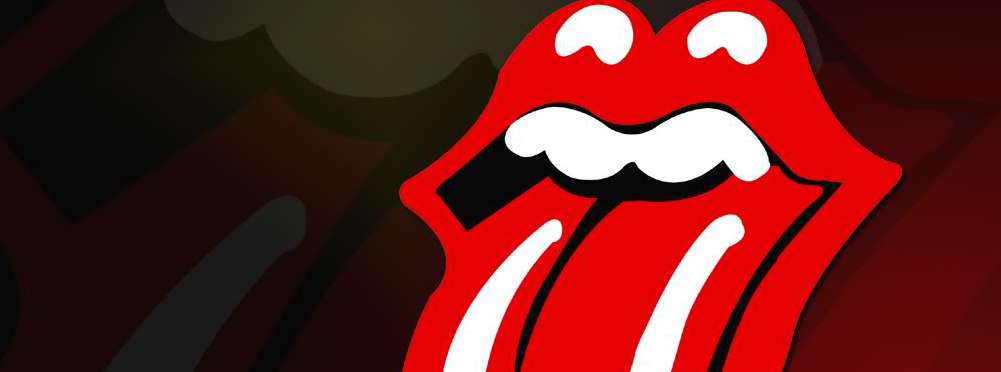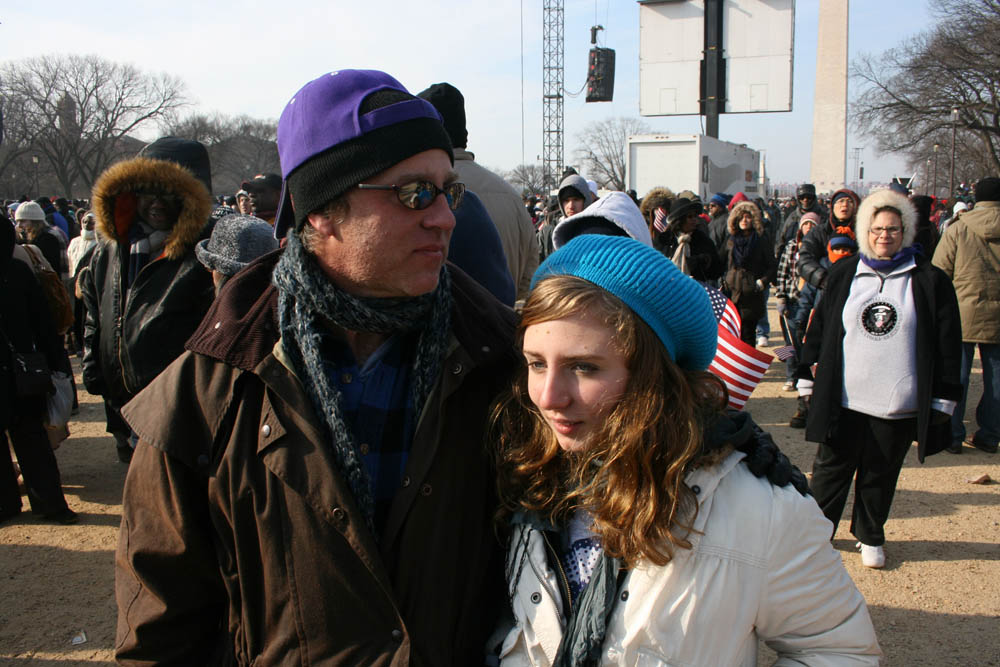
The following is my three-part of account of attending the first Obama Inaugural in January 2009.
This is what happens when your mouth sometimes tends to work faster than your brain, when you see on TV a scrawny politician with dark skin and a weird name announce that he’s running for president, and you can’t fight the impulse to smirk. “Sure, buddy,” you say to the TV for the benefit of anyone who is within earshot. “If you win this thing, I’ll be there at the inaugural.”
You say it as a joke, a commentary on the absurdity of such a thing. In fact, you might have added that you would arrive at Dulles International Airport upon the back of a blue-ribbon Saddleback hog since surely the day Barack Hussein Obama moves into the White House would only follow the day that pigs learned to fly.
You think you know this country and how it acts. If there’s one thing that has never let you down, it’s your hard-earned cynicism about the American electorate. Then, this happens and you’re on the hook. Nobody remembers your facetious pledge back in the winter of ’07, but the word of the season is “audacity.” And, even in the face of a considerable logistical anxiety that has taken on the form of night sweats and serious ibuprofen abuse, you’re ready to do something audacious.
I can’t say with any kind of precision where I’ll be on the morning of January 20, but wherever I’ll be – gazing at the Capitol Dome in the bright winter sunshine, marooned on a freezing subway platform or offering a fistful of greenback dollars for access to a gas-station bathroom in suburban Virginia – it’s safe to say I won’t be alone. With my Obama-warrior brother Michael and my 16-year-old daughter Quinlyn, I’m making the trip to Washington, D.C. to take part in what is surely to be one of the most significant political moments of American – scratch that – world history.
I go of my own accord, on my own dime, not on assignment per se, not as part of the privileged news media. I’ll be among the estimated four million souls that will converge on the nation’s capitol, pushing my way through the subways and the streets alongside the rest of the Great Unwashed on the way to the Washington Mall. It’s my purpose to experience the event the way everyday people experience it, which is to say, I won’t be sharing bran muffins and French roast with Wolf Blitzer, nor catching a ride with Al Franken’s entourage. I am ready for suffering and deprivation.
Is the strict no-refund policy of American Airlines the only thing stopping me from backing out of this insane notion? Maybe. I’m not really cut out for this kind of thing. My waiting tolerance is taxed by iTunes downloads. I avoid shopping malls in December like Karl Rove avoids the Castro. To paraphrase Dorothy Parker who once cracked “I hate writing; I love having written,” I’m looking forward more to the afterglow of having experienced the inauguration than the experience itself.
But, like millions of Americans – and millions more who wish they were, or aspire to be, Americans – I have for most of my life been captivated by the idealism spelled out in this country’s founding documents and remain a true believer in the American Story, despite the cascade of evidence that suggests it all may be a pretty lie. This event, to me, suggests that moment when Idealism, pummeled and bloodied, finally rose up off the mat to flatten Cynicism, however temporarily, with one well-aimed and devastating blow (a left hook, surely).
I do not go to Washington, as some of my conservative friends might believe, bearing frankincense and myrrh. The rapture accompanying the election of Obama is bound to exact a price sooner or later. In fact, my cynical side asserts, the inauguration may turn out to be the highlight of the Obama presidency. We really haven’t seen this kind of hubbub around one ritualistic event since the wedding of Prince Charles and Lady Di, and we all know how that one turned out.
Yet, even if Obama turns out to be Millard Fillmore Jr. – or worse – that’s all really beside the point, isn’t it? This event is symbolic of what we’ve all been led to believe about this country as schoolchildren – that your future is not bound by your past, that your upbringing does not necessarily determine your destiny. In almost every other country in the world, that’s just not true. But here, men like Carter, Reagan and Clinton – all of whom came from obscurity and/or poverty – prove American exceptionalism.
Obviously, Obama breaks a barrier that his predecessors didn’t have to worry about, and that matters, in a big and important way. Just a few years ago, a divided country could still agree on one thing: a mixed-race kid with an African name whose mother once took food stamps had no chance at becoming president. Up until Nov. 3, 2008, there were still those holding on to that belief. No more. Obama’s election means, for good or ill, that America is still open to anyone.
On a personal level, my trip to the inauguration feels like the opening moments of a cute indie film, a kind of Sundance-friendly comedy that might work well as a double feature with “Little Miss Sunshine.” I will carry with me the best wishes and a few good-luck mementos from friends in California radiating hope and envy. Conversely, I will see red-state relatives who take a dim view of Obama and all he represents. I suspect I will get to know my brother and my daughter on a deeper level than I do now, and that we will have random experiences – absurd, profound, disorienting or a combination of the three – that we can not now quite imagine.
But the real reason I’m doing this? Like almost every one I know, my experience of the country where I was born is too often mediated through TV, the Internet, newspapers, etc. Of course, media technology is one of the greatest things about being alive today, but there’s no hi-def digital big-screen TV that can ever equate with being in a place in body and soul, witnessing history outside the lens of a camera.
Because what the camera won’t capture is the breathtaking electricity in the air, that feeling you get in enormous crowds that you’re a cell in a giant organism, that indefinable spirit that there are ghosts around you, envying you being alive at this time. I can do something that Frederick Douglass, Fannie Lou Hamer and Thurgood Marshall can’t do. I can see something that they and millions more long-dead souls paid for in blood, sweat and tears.
Lincoln can only witness this in marble. What would Walt Whitman give to be in my shoes this week? Man, I would love to conjure up that slave-owning idealist Thomas Jefferson to stand beside me, just to watch his head explode with cognitive dissonance.
The idea of America is something that grows and matures with every American as he or she gets older. This event gives me a chance to stand beside two people I love and literally millions of others with whom I share a less immediate kinship, and meditate on my own rocky relationship with those old notions of patriotism – the “sweet land of liberty” as the song says – and do so without irony or detachment, and with a heart glowing with pride – even if it is on a freezing subway platform.
If I had been a Boy Scout – if I had not, in fact, been waylaid by the onerous demands of the Webelos – this week might be a bit easier. But the whole notion to “Be Prepared,” as the Scout motto goes, is still a work in progress for me.
The trouble is that the two people who are accompanying me to Washington, D.C., to experience the inauguration of Barack Obama – my brother Michael and my daughter Quinlyn – have similarly sketchy histories with the Scouts. As a result, we are setting out for Washington with somewhat less preparation than, say, the Allies had in the liberation of Normandy.
Though, we do have a plan. With maps of the area laid out before me, and Google Earth at my fingertips on the laptop, we sat at a table dreaming up a suitable strategy to slip into the nation’s capital. I felt like Peter Sellers in “Dr. Strangelove” and waited for Mike to take on the role of George C. Scott. But he was agreeable to everything.
Our plan, approaching the city from the south is to swing west, away from the core of madness at the Capitol steps where the swearing-in is to take place. We’ll find some way to park at the outermost subway station on the southwest corner of the metropolitan area, where we will join the queue to board the train.
We’ll disembark at Arlington National Cemetery – maybe pay our respects to JFK – and walk across the bridge closed to cars into D.C., sneaking up behind the Lincoln Memorial. We’ll wander, gawk, dance in the streets, high-five the new president, make several new friends-for-life, breeze through the Smithsonian and be chilling at a convivial D.C. brew pub by nightfall. Easy as pie.
I’m trying to exude confidence, but I feel a bit like that wretch who convinced the Donner Party to take a shortcut. Michael sees through my desperately manufactured equanimity, and suggests we could be marching to our doom, referencing that 1979 Who concert in which people were trampled to death by a panicked crowd.
Getting trampled? Thanks, bro. I was just thinking that the list of things to get freaked out about – weather, toilets, traffic, lines, food, thieves, toilets, cell phone outages, exhaustion, cheesed-off Secret Service agents, did I mention toilets? – was just not quite sufficient.
My problem is that I don’t know how to find the right measure of preparation. My efforts to be prepared are largely mocked by my 16-year-old offspring in whose eyes I am half-insane with irrational worry. I packed so many winter clothes for my flight that my bag was too heavy to check, and suddenly, I was in the middle of a “Seinfeld” episode, having to board wearing four shirts and two jackets pulled from my suitcase right there in front of God and American Airlines.
I bought a big bag of hard candies made from coffee, so we’ll able to meet our caffeine intake requirements without the burden of extra fluids, since the idea is to concentrate on Obama Nation, not urination. I crawled all around 70-degree Santa Cruz in search of thermal long underwear, and what did I get for it? What anyone who spends any time around a teenager gets – that baleful half-smirk that is universal non-verbal communication for “I’m in the presence of a world-class idiot.”
My unease is only inflamed by the wall-to-wall media coverage of the inauguration. I know it’s historic and all, but wouldn’t it be nice if the celebs would just stay at home and let us normal folks celebrate for once?
Maybe if Bruce Springsteen and Denzel Washington and Jessica Alba and their substantial entourages and bodyguards weren’t around to push the radius of the crowd further into Virginia maybe even West Virginia, then maybe more of those anonymous working-class heroes the Democratic Party loves to evoke wouldn’t have to experience the event on the outside looking in.
As for our intrepid trio, we go to today’s epoch-making inaugural actually hoping to encounter some difficulties. An experience like this feels like it should be earned with sore feet, cold bones and over-stressed bladders. To all those who paid for Barack Obama’s ascendance to the White House at the blunt end of repression, violence and bondage – whatever discomfort we experience? That’s a day at the beach.
On the day that Barack Obama became President of the United States, the Potomac River was frozen. In the dark, pre-dawn hours, the river ice reflected a gray and ominous sheen. But in the afternoon, after Obama had taken the oath of office in front of an immense crowd still astonished that such a thing was actually happening in front of their eyes, the Potomac’s ice changed character. Almost as if Obama’s inaugural committee had planned it, the river turned into a sparkling expanse of what looked like crushed diamonds. Now, that’s a president who knows how to make an entrance.
Was it cold on this particularly historic event? Oh, no colder than the seventh moon of Saturn. It was cold enough – particularly with a wind that could peel the paint off an oil tanker – to make a person renounce the religion of his ancestors in exchange for a lukewarm cup of coffee.
It was the kind of cold that I and my traveling companions – my daughter Quinlyn and my brother Michael – will be boring our loved ones with for decades ahead. And what’s more, we lingered in that cold for eight hours, either walking or standing just about the whole time. At the end of the day, my feet were hamburger, my back had seized up, my face had turned into a rubber mask, and my kid was contacting a lawyer.
Still, going to the first ever inauguration of a non-white person in U.S. history was worth every torment – though, don’t put me under oath and ask me if I would do it all over again.
What made the day magical was the unexpected. To get a jump on the crowds, we went absurdly early. That meant our first experience of the event everyone has been wringing their hands over for weeks – Four million! No, five million! – was as a ghost town.
We arrived from our subway stop at around 4 a.m. and walked the bridge across the Potomac virtually alone, giving a certain dizzying surrealism to the whole event. And I’m left with moments I’m sure I’ll die with.
At the Lincoln Memorial, in the wee hours before dawn, only a handful of visitors moved in and out of the great marble chamber where Abe sat on his throne. A few wandered away, and suddenly it struck me with a sense of crippling awe, that I was, for a few minutes, utterly alone with Abraham Lincoln’s iconic likeness on the one and only day an African-American had ever become president.
We had assumed that even at this ungodly hour, people would be carpeting the National Mall, but we virtually had the thing to ourselves for a couple of hours. We saw the black wall of the Vietnam Veterans Memorial in the blackness, but the numbing cold had robbed Quinlyn of proper daughterly curiosity about American history. As the sun rose we found ourselves with the Washington Monument at our back and the majestic tableau of the U.S. Capitol before us.
It was an astounding ritual as we watched the world’s strongest nation exercise peaceful transfer of power while our extremities went numb. After Aretha Franklin’s arresting version of “My Country Tis of Thee,” my usually blasé brother pointed silently to his eye, where he had managed to squeeze out an already half-frozen tear.
After Obama’s address, we adjourned into a maze of madness trying to escape the Mall, only to be driven well to the south against our will. But even that had its pleasures.
We looked up in time to see Marine One, the helicopter now transporting former President George W. Bush out of Washington D.C., hover above the Capitol and circle the crowd. Most of us on the ground, even many experiencing cold-induced organ failure, knew who was in the bird. Thus, thousands of people were afforded the satisfying thrill of saluting an outgoing president as he flies into history. Sadly, there were very few “atta boys” directed at him, and I indulged in the fantasy that Bush’s final experience of Washington D.C. was looking down at me, though he was more likely gazing out at the Potomac and its crystallized icy surface, ringing the city like God’s own diamond necklace. (Jan. 21, 2009)

